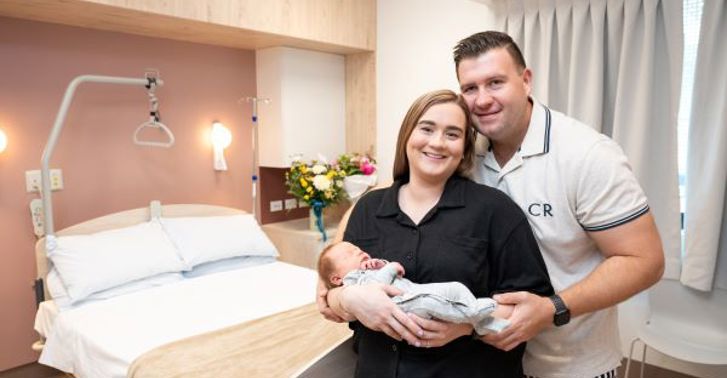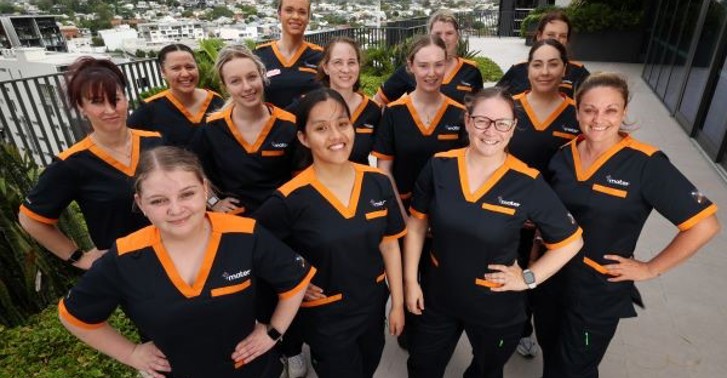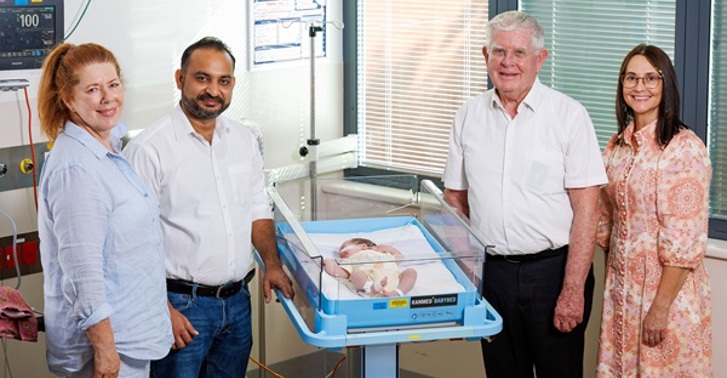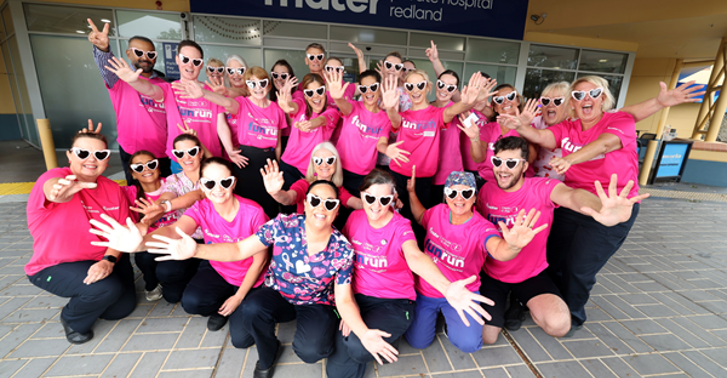
Are you ready to start trying for a baby?
It’s important to prepare your body for pregnancy even before conception.
Here, we provide some useful facts, tips and articles, as well as information about the services we offer for this very important first step of your journey to motherhood.
Talk to your GP
If you have an existing medical condition that may have an impact on your pregnancy, you should discuss this with your GP. These conditions include high blood pressure, diabetes, asthma, epilepsy, anaemia, cystic fibrosis and heart, liver or kidney disease.
A healthy start
Eating well when trying to become pregnant is important; a balanced diet plus a folate supplement is essential. Losing weight if you are above the healthy weight range, is recommended for good health now and will also increase your chances of falling pregnant and having a healthier pregnancy. Following a healthier lifestyle is a positive change for you to make at this time. Eating nourishing food, getting more exercise, quitting smoking (if you smoke) and cutting back on alcohol are all helpful changes for you to make that may also help reduce the impact of some underlying medical conditions on your fertility.
Folate is needed for healthy growth and development. Taking folate reduces the chance of neural tube defects (e.g. spina bifida) in your baby. It is recommended that women trying to conceive take an extra 400 mcg/day of folic acid. The best way to get this is from a supplement. It is important to take this at least one month before and three months after you become pregnant. You still need to eat foods that contain folate. Rich dietary sources of folate include green vegetables, fruit, and fortified cereals.
Check your immunity
Talk to your doctor about whether you are immune to rubella and consider having the pertussis whooping cough and chicken pox vaccinations. These illnesses can cause serious problems for both your unborn and newborn baby.
Check your level of private maternity cover with your private health insurer
Have you thought about whether you’ll be having your baby with private maternity care? If so it’s a good idea to review your level of private health insurance policy to check if you have maternity and obstetric cover, and for waiting periods. Most private healthcare insurances will have a 12-month waiting period for maternity and obstetric care.
Healthcare in a Catholic hospital
For more information about women's healthcare in a Catholic hospital, please view our brochure.
Frequently Asked Qestions
What happens if I need a doctor during my pregnancy?
The medical team at Mater Mothers’ Hospital works closely with your group practice midwife. If a complication arises your midwife and the medical team will ensure you and your baby receive the specialist care you need. The doctor, in most cases, will work with you and your midwife to keep you in the program. Your midwife will discuss your options with you and keep you and your family involved in any new plans for the care of you and your baby.
Who will care for me during my labour and birth?
When you think you are in labour, please phone your MGP midwife. When you and your midwife agree that you are ready to come into hospital they will meet you at the Mater Mothers’ Hospital Pregnancy Assessment Centre. Your midwife will care for you during your labour and birth, while another midwife from your group practice may assist.
What happens after my baby is born?
If you and your baby are well, you will go home directly from your Mater Mothers’ Birth Suite, between four and six hours after the birth. It is important that you have arranged to have some help when you return home.
If you, or your baby, need to stay in hospital for medical reasons, you will remain in the Mater Mothers’ Hospital until your doctor is happy for you to go home. During this time, you will be cared for by the Mater midwives who work in this area.
Will a midwife visit me at home?
Yes. Your MGP midwife will visit you and your baby at home for four to six weeks after you’ve given birth, provided you are still residing in the Mater catchment area. These visits will be arranged between you and your midwife. If you reside outside of Mater catchment, face-to-face postnatal visits will be limited, but you can access your midwife via telehealth or telephone consultation for the four to six weeks.
Before your last visit, your midwife will discuss the recommendation for you to see your GP and give you the contact details of your local Child Health Service. This service will provide you and your baby with the best available health information.
What's next?
We have outlined some general healthy lifestyle information above. You might also choose to review your nutritional needs or get some advice about tailoring information to your lifestyle and preferences during an appointment with a specialist women’s health dietitian at Mater Health and Wellness. Topics we can discuss with you include:
Back to basics—Reviewing food groups, nutrients and nourishment, scheduling time for me, and balancing nutrition needs with a busy lifestyle.
Mastering mindful eating—Learn to turn off autopilot and how to taste and enjoy food with all your senses. Start to become in control of foods that would normally control you.
Realising weight loss is within reach—Understanding and achieving the very clear benefits that result from an achievable weight loss (if required). The good news from research is that a loss of just five to ten percent of your body weight (if above a healthy weight), whatever weight you are now, has significant effects on fertility.







